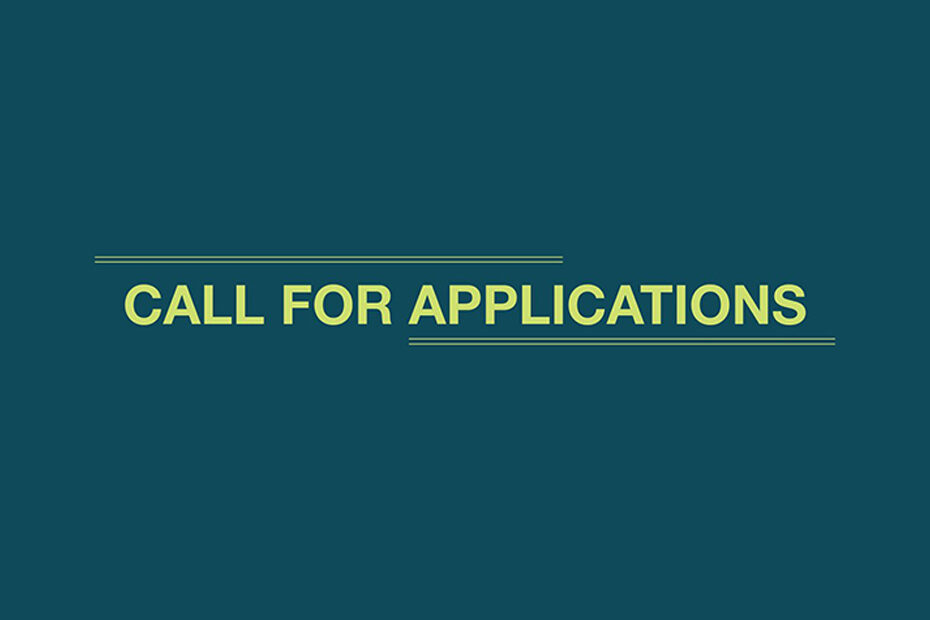In collaboration with Chalmers University, the Faculty of Architecture and the Built Environment in Delft University of Technology will be running a three-day academic writing retreat as part of the Multiplier Event in October 2020.
The retreat is designed to support advanced-level doctoral researchers and early-career researchers in getting their research published in peer-reviewed academic journals. During this retreat, they will be working with your text, with a view to refine the writing such that you are in a position to finalise a manuscript for submission at the end of the retreat. It is hoped that this retreat will address your needs in terms of developing papers that are fairly close to completion. Therefore, it is important that this retreat takes place over three days so that you have the time and space to receive ongoing advice concerning structure, organisation and language in order to finalise the draft.
The retreat timetable will consist of short theoretical “lectures”, time to write alone, peer feedback and group discussions. It is hoped that the experience on this retreat will give you the confidence to revise and submit your draft to a peer-reviewed academic journal. So, it is important that you have a peer-reviewed academic journal in mind when applying to attend this retreat.
Prerequisites for participation:
You have to attend all three days. In order to apply and be given a place for this retreat, you have to submit a short paper of around 3,000 words no later than Friday 11 September 2020 at 5pm CET. Places for this retreat are limited. Applicants who make the final list of accepted participants will be notified by Wednesday 16 September 2020.
To apply, you must prepare a short paper, which includes the following:
- A title and an abstract of 150-200 words.
- A review of the literature that clearly identifies and justifies the rationale of the research, the research problem (or research gap), and theoretical orientation.
- An explanation and justification of the research methods. It is important that you are clear as to what you are doing (or have done) to collect/obtain and analyse your data. So, you have to be clear about what data have been collected, and what sources you have relied on, and why these particular sources and forms of data. We appreciate that you might still be in the process of collecting data, but writing the research methods out clearly can help you see what you have done and what you have left to do. Do not confuse this with methodology though. Methodology is the philosophical framework that underpins what you actually do in collecting and analysing data. So, methodology is really about the theories and ideas that inform your particular approach. For the purpose of this short paper, please focus on methods rather than methodology.
- Point out some findings. To keep you focused for this short paper, it is sufficient for you to develop just ONE significant finding. Show at least one argument made based on evidence from your fieldwork. Therefore, it is also important to show evidence from your data that would support the argument you are trying to make.
- Do not worry about the quality of this short paper. The purpose of the writing retreat is to allow for time and space to refine your short paper so you can submit to a journal shortly afterwards. However, it is important that you adhere to the requirements set out here. Please do not simply send in a version of a report that you have previously submitted.
Important dates:
14 August 2020: Expression of interest to participate via email.
11 September 2020: Deadline for short paper of around 3,000 words via email.
16 September 2020: Notification of acceptance on the retreat
5 October 2020 – 6 October 2020: Writing Retreat (The retreat will start from 9am CET on 5 October and finish at 5pm CET on 6 October.)
After the retreat: One-to-one feedback with a retreat convenor (individual schedule to be confirmed).
The workshop is part of the 3-year Erasmus+ Strategic Partnership “Strengthening Architecture and the Built Environment Research” (SABRE), a collaboration of the BauHow5 alliance, the partnership of five leading European research intense universities in architecture and the built environment (UCL, TU Delft, Chalmers, ETHZ, TU Munich). SABRE is co-funded by the Erasmus+ programme of the European Union.
